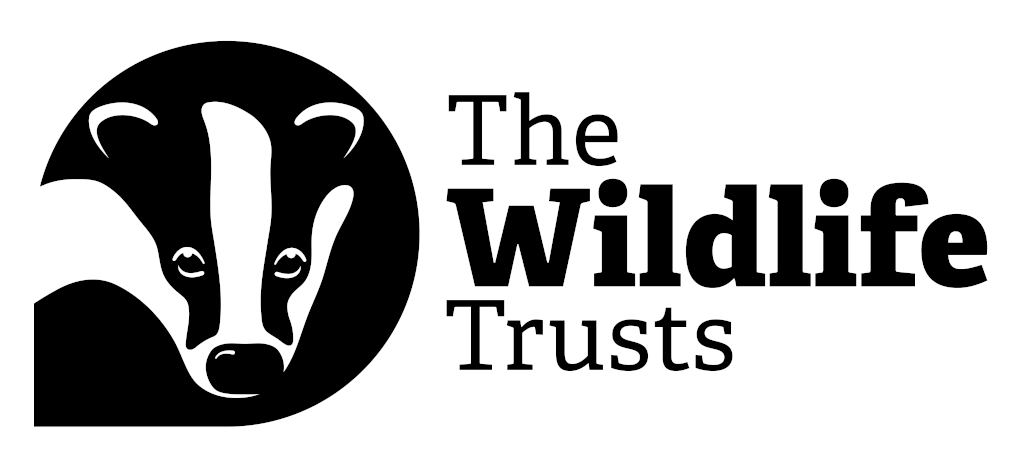Bring Beavers Back
UK is one of the most nature-depleted places in the world, which is why The Wildlife Trusts have a big ambition to restore at least 30% of land and sea for nature by 2030. And beavers are key to helping us do just that! With their super engineering abilities they inject new life into wild places, ensuring a brighter future for our wetlands and the wildlife and people that live in and around them.
Why is the project so important?
The next 10 years will be critical in determining what kind of world we live in. We need nature for our health and wellbeing, food, clean air and water, and to tackle the climate emergency.
It is not enough to slow the loss of wild places and the species that depend on them—we urgently need to reverse the decline and put nature into recovery. Beavers create a fantastic range of wetland habitats that provide homes for other wildlife and help address the climate emergency by locking up carbon. Not only that, the channels, dams, and wetlands that beavers engineer hold back water and release it more slowly after heavy rain, helping to reduce flooding, currently on the increase due to climate change. But these brilliant natural engineers have long been missing from Britain’s landscapes, having been hunted to extinction in the 16th century. The loss of beavers led to the disappearance of the magical mosaic of lakes, meres, and boggy places that they created.
We’re turning that around and with your help, beavers will be back where they belong, creating wilder spaces that benefit us all.
The project in action
Right now, The Wildlife Trusts are working with communities to secure and manage more land for nature, rewild whole landscapes, bring back lost species such as beavers, and create the green jobs of the future. We are working in partnership with local communities to reintroduce families of beavers across the UK, studying their impact on their surroundings, mapping the best possible locations, and campaigning to secure their long-term future.
The future
We are creating a wilder future, where nature is abundant everywhere—in our towns, cities, and countryside. With more space for nature, rare wildlife will no longer cling on in isolated pockets on the brink of disappearing altogether, but thrive. Locally-extinct species such as beavers have helped us bring back healthy, functioning ecosystems that sustain us and our planet. Together, with your help and support, we will get nature working again.
Together, with your help and support, we will get nature working again.
“The next ten years must be a time of renewal, of rewilding our lives, of green recovery. We all need nature more than ever and when we succeed in reaching 30 by 30 we’ll have wilder landscapes that store carbon and provide on-your-doorstep nature for people too. Everyone can support and help us to succeed.”
Craig Bennett, Chief Executive, The Wildlife Trusts.
Milestones
-
Mapping Locations
CompletedThis would help us identify and map the best possible locations for species reintroduction.
Protected species with this milestone
-
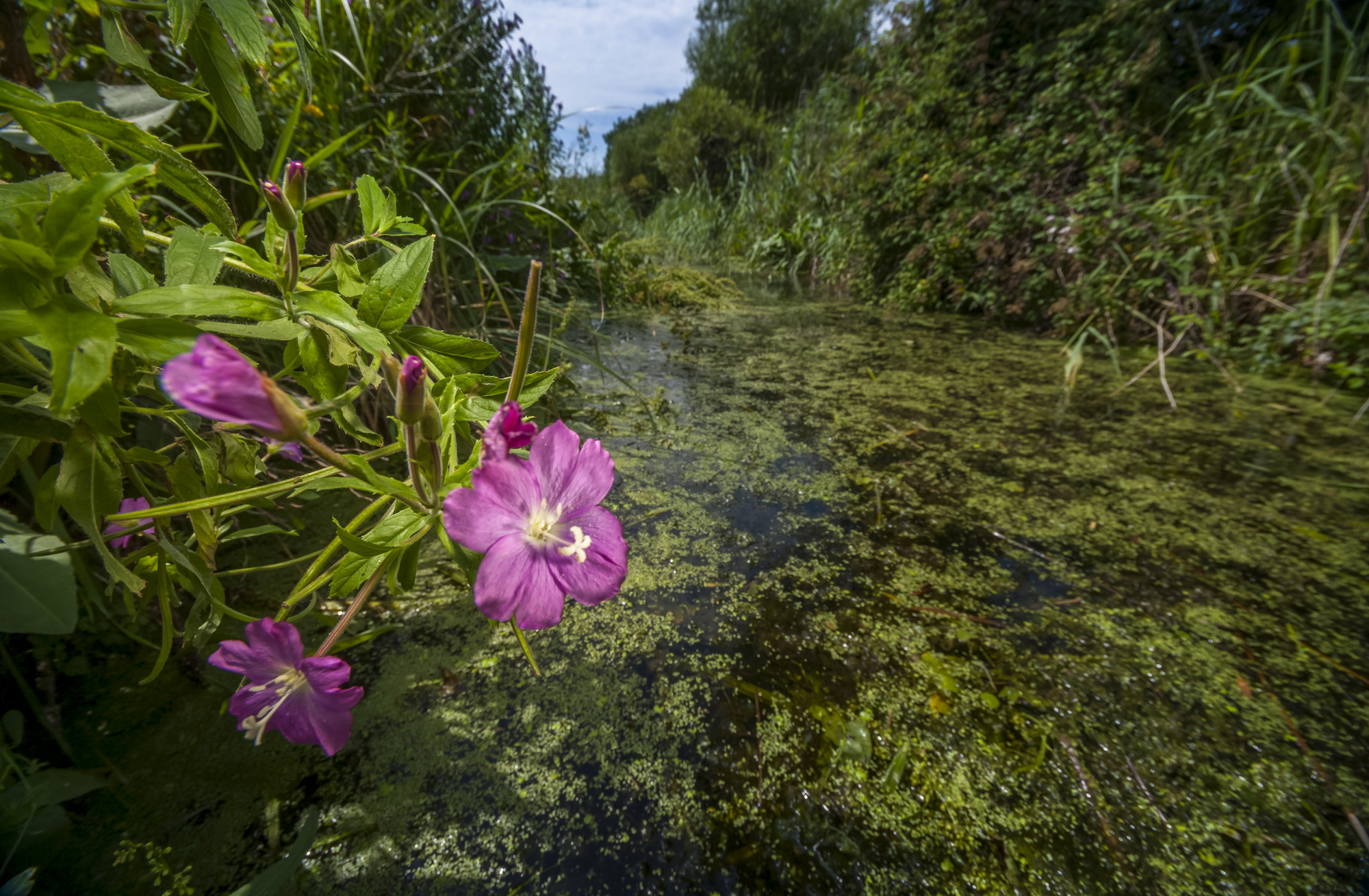 Species inhabiting the UK Wetlands
Species inhabiting the UK Wetlands
-
-
Nature recovery toolkits for communities
DonateThrough this milestone, we could provide a toolkit to 1,000 community groups to help them campaign for nature’s recovery in their area.
Protected species with this milestone
-
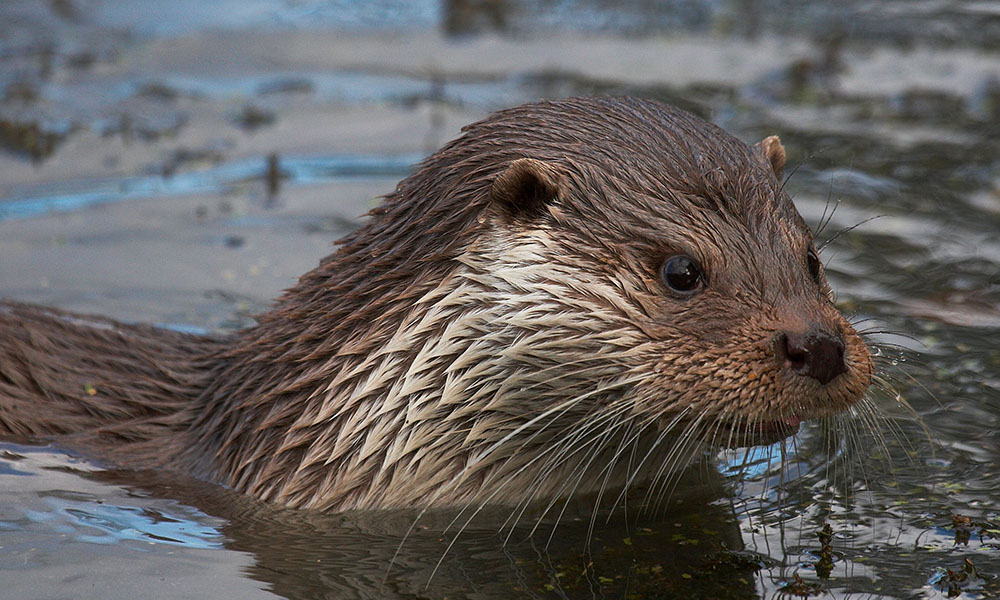 Otter
Otter
-
-
Reintroducing beavers
UpcomingBeavers were driven to extinction in Britain 400 years ago but are starting to return thanks to Wildlife Trust efforts. This milestone would help establish a family of beavers and to save and restore a wetland ecosystem.
Protected species with this milestone
-
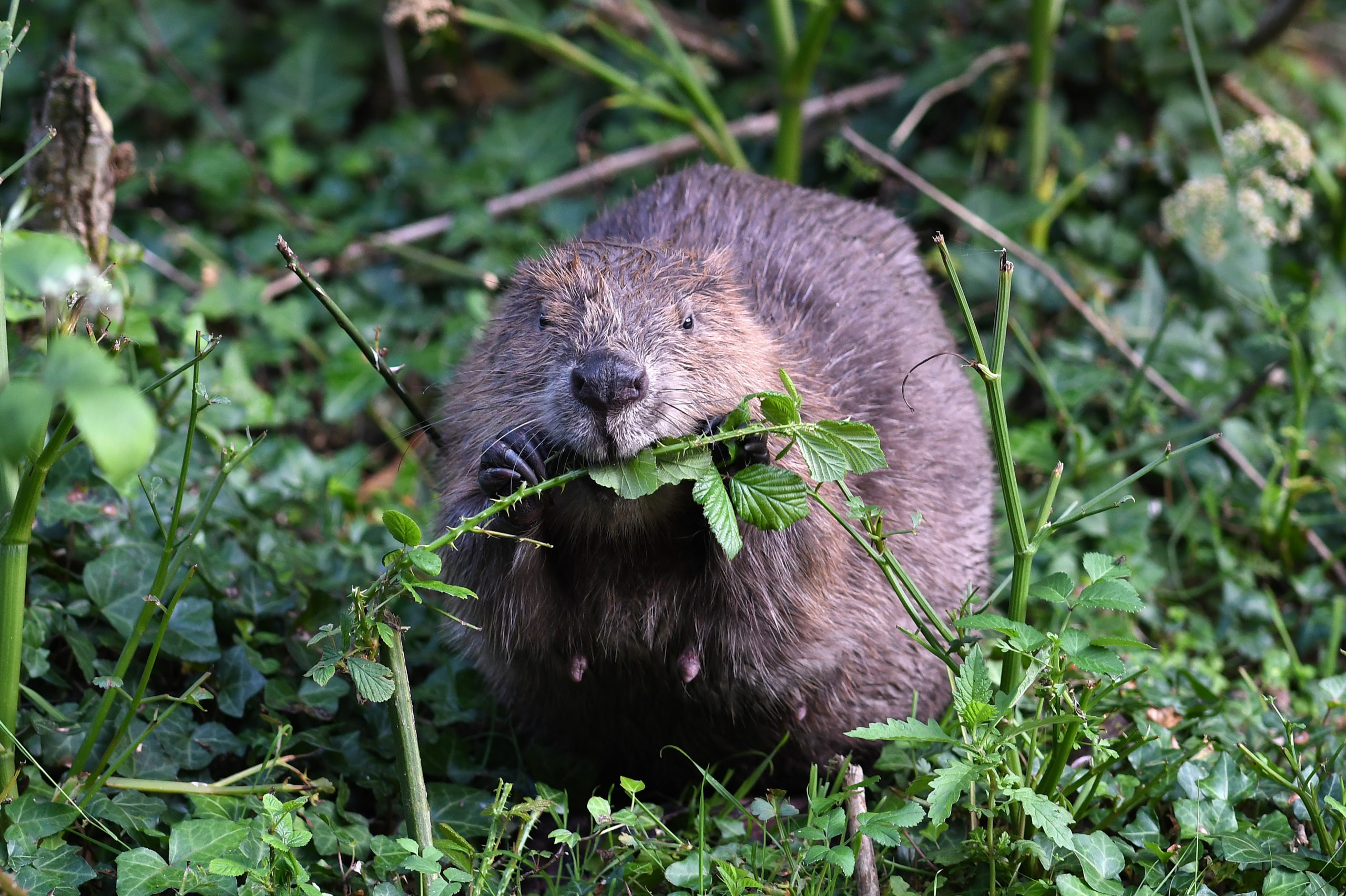 Beaver
Beaver
-
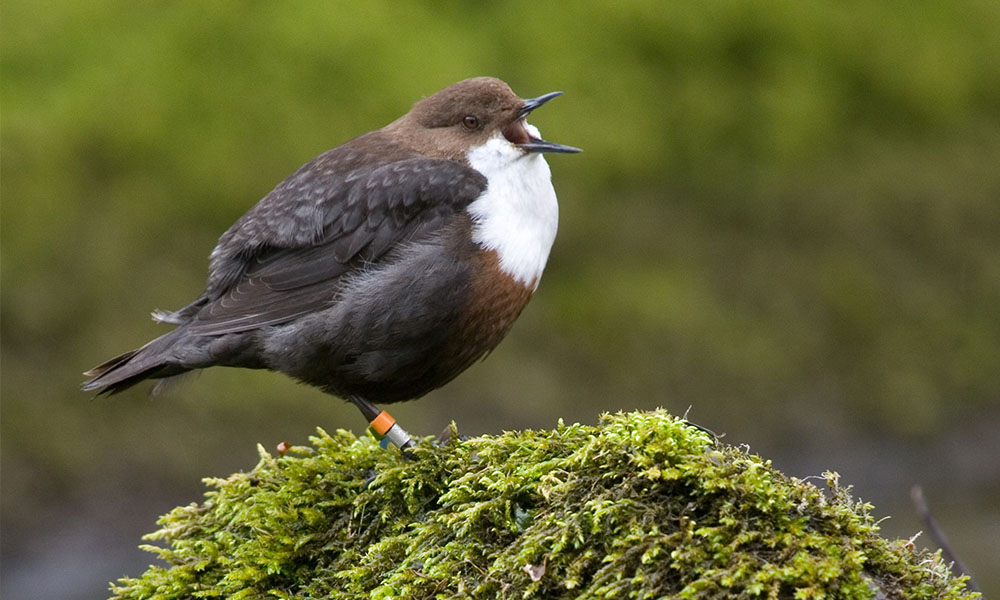 Dipper
Dipper
-
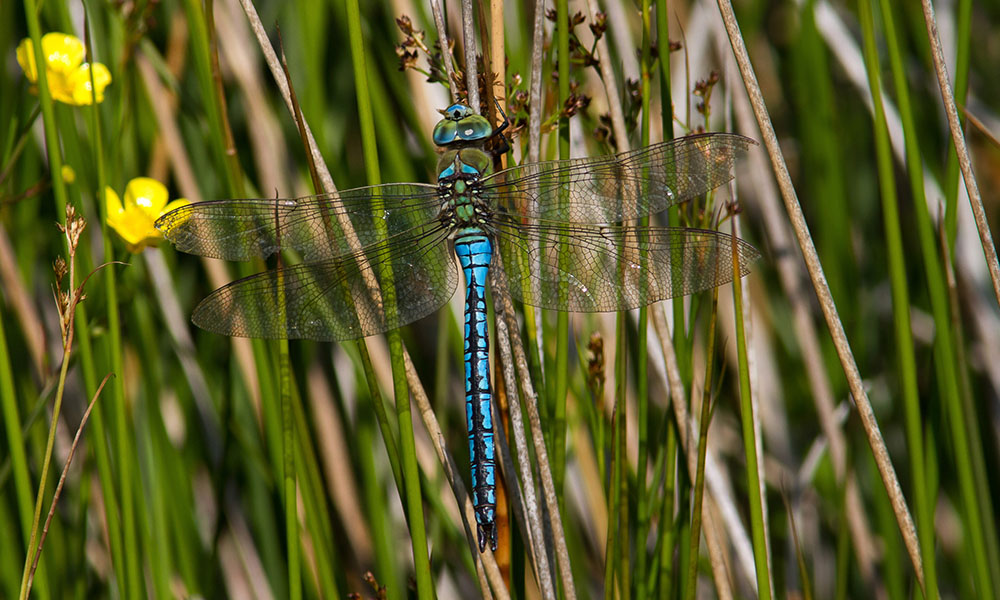 Emperor Dragonfly
Emperor Dragonfly
-
-
Rewilding Rivers
UpcomingRewild rivers and allow trees to grow along the banks of 100 km of waterways through urban and rural landscapes. UK wetlands can be a perfect home to beavers and help store carbon too.
Protected species with this milestone
-
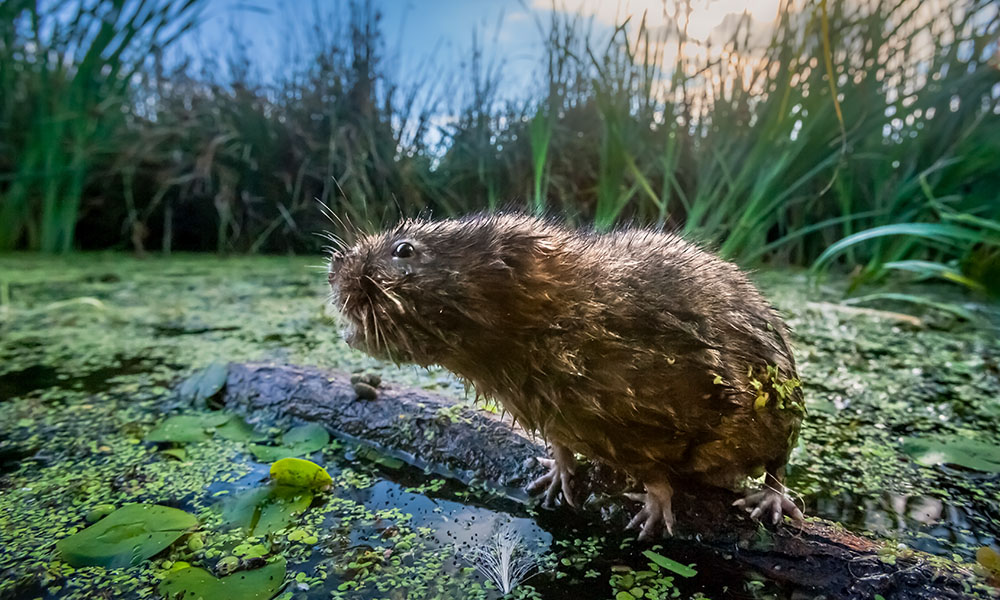 Water Vole
Water Vole
-
-
Restore 10,000 hectares of wetland
UpcomingWould help restore 10,000 hectares of precious wetland, helping myriad wildlife recover including dragonflies, otters and marsh harriers.
Protected species with this milestone
-
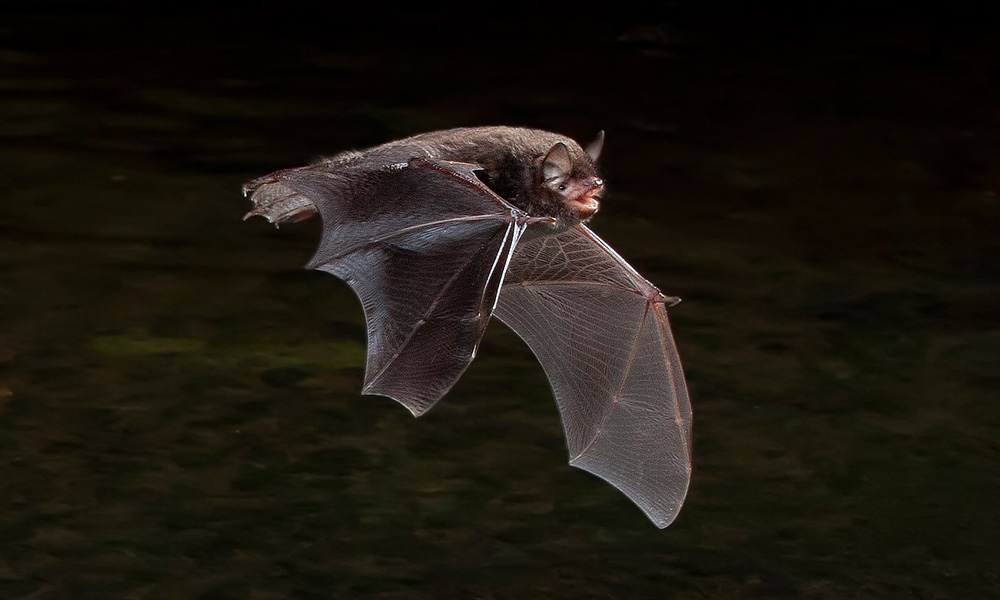 Daubenton’s Bat
Daubenton’s Bat
-
 Dragonfly
Dragonfly
-
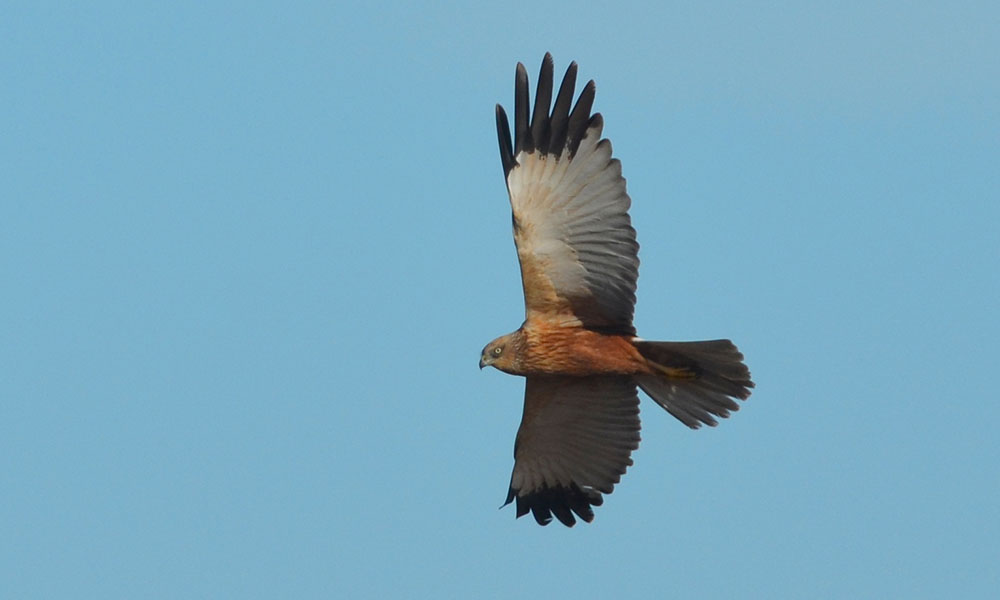 Marsh harrier
Marsh harrier
-
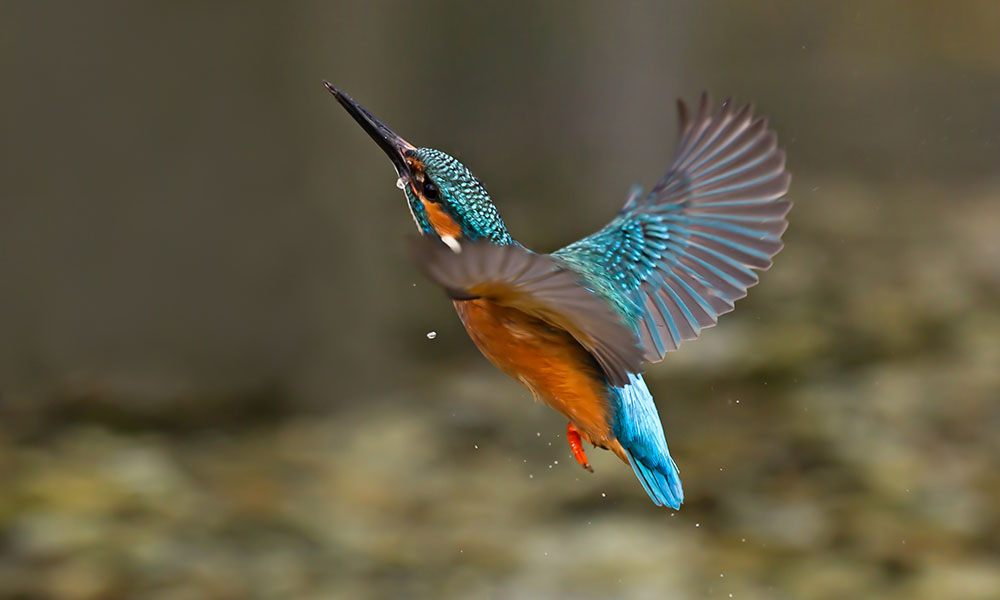 Kingfisher
Kingfisher
-

